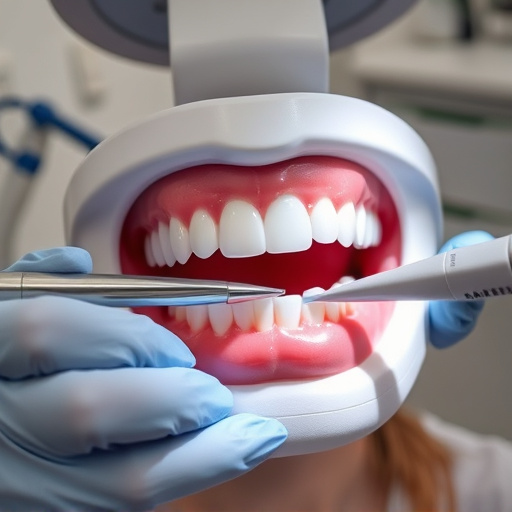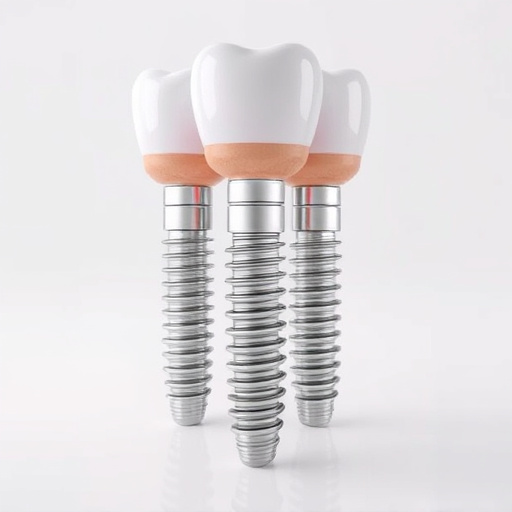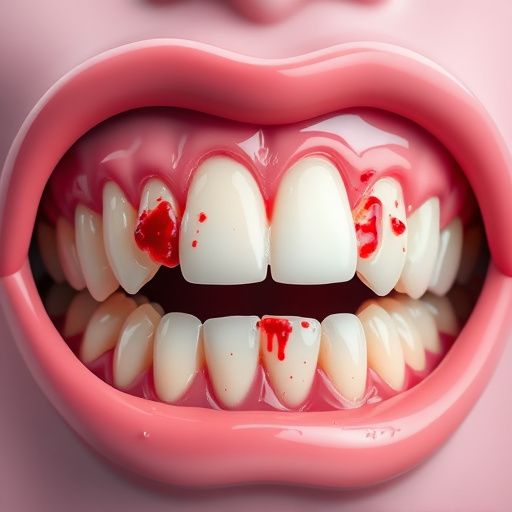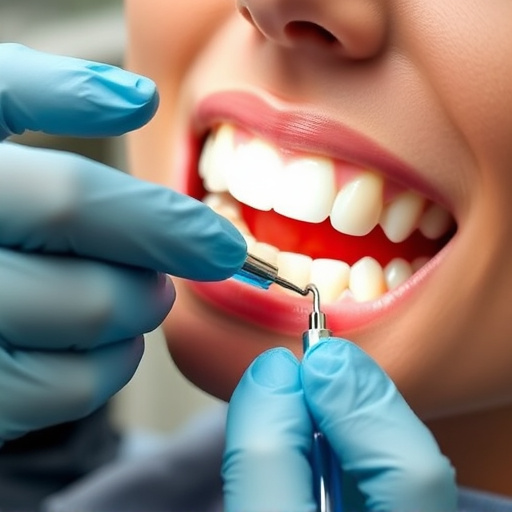Oral sedation dentistry provides a relaxing alternative for patients with dental anxiety, offering mild relaxation through oral sedatives. Ideal for procedures like crowns and implants, but risks include dizziness. Patients should share medical history and medications to avoid interactions. Benefits outweigh drawbacks for many, ensuring a less intimidating dental experience. Choosing a specialized, certified dentist with a focus on patient comfort is crucial.
Considering oral sedation dentistry? It could be the answer to overcoming dental anxiety and achieving the smile you deserve. This comprehensive guide delves into the world of oral sedation, exploring its benefits and risks in detail. We’ll help you determine if this treatment is right for your specific needs, and offer expert advice on finding a qualified dentist who specializes in oral sedation dentistry.
- Understanding Oral Sedation: Benefits and Risks
- When is Oral Sedation Suitable for Your Dental Needs?
- Finding the Right Dentist for Your Sedation Treatment
Understanding Oral Sedation: Benefits and Risks

Oral sedation dentistry offers a unique approach to managing dental anxiety, providing patients with a comfortable and relaxed experience during their dental procedures. This method involves the use of oral sedatives, typically in the form of pills, to help patients feel calmer and less nervous. One of the key benefits is its ability to reduce stress and fear associated with dental visits, making it an excellent option for those who have struggled with anxiety in traditional dental settings. By taking a pill before their appointment, patients can achieve a state of mild relaxation, allowing them to remain calm throughout treatments that might otherwise cause distress.
However, like any dental procedure, oral sedation dentistry is not without risks. Some patients may experience side effects such as dizziness or grogginess after taking the sedative. It’s important for individuals considering this option to discuss their medical history and current medications with their dentist, as certain conditions or drugs can interact with oral sedatives. Despite these potential drawbacks, many patients find that the benefits of a more relaxed dental experience outweigh the minor inconveniences. Comparing it to general dentistry without sedation, oral sedation can make routine check-ups or complex procedures like dental crowns or fillings much less daunting.
When is Oral Sedation Suitable for Your Dental Needs?

Oral sedation dentistry is a viable option for patients who experience dental anxiety or fear, making it suitable for various dental procedures. It’s particularly recommended when traditional methods of managing anxiety, such as local anaesthetics, are not enough to ease discomfort. Situations like extensive dental work, surgeries like dental implants, or even routine treatments like fillings can be made more comfortable with oral sedation.
This method involves taking a sedative medication orally, which helps to induce a state of calm and relaxation. It’s important to note that while oral sedation is suitable for many people, it’s not appropriate for everyone. Patients with certain medical conditions or those taking specific medications should discuss their suitability with their dentist beforehand.
Finding the Right Dentist for Your Sedation Treatment
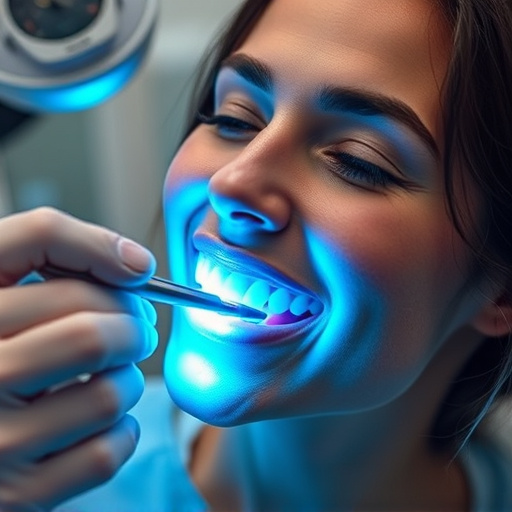
When considering oral sedation dentistry, finding the right dentist is a crucial step. Look for a qualified and experienced practitioner who specializes in this area. Many dentists offer oral sedation services, but it’s essential to choose someone with a proven track record and a deep understanding of your specific needs.
Ensure they have the necessary training and certifications for administering sedative medications safely. With proper qualifications, a dentist can provide a comfortable and secure environment for your treatment. Additionally, consider their approach to patient care, especially if you’re nervous about procedures like dental implants or cosmetic dentistry treatments, where oral sedation could be beneficial. A good dentist will prioritize your comfort and address any concerns you might have during the consultation process.
If you’re considering oral sedation dentistry, it’s crucial to weigh both its benefits and risks. This method can be an excellent choice for those facing dental anxiety or complex procedures, offering a more comfortable experience. However, it’s essential to consult with a qualified dentist who can determine if oral sedation is suitable for your specific needs and ensure a safe procedure. With the right professional guidance, oral sedation dentistry can provide a transformative experience, making dental care more accessible and less stressful.





